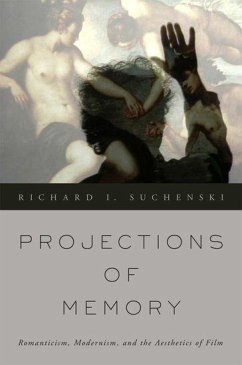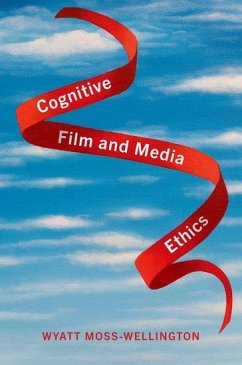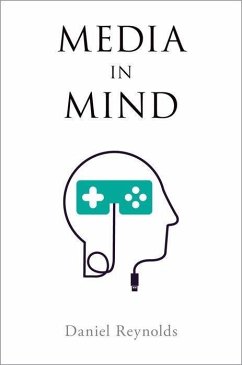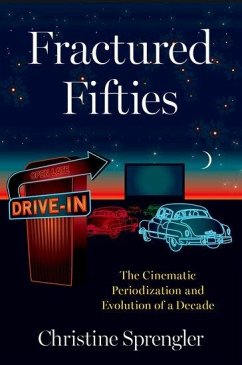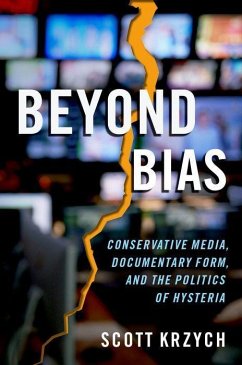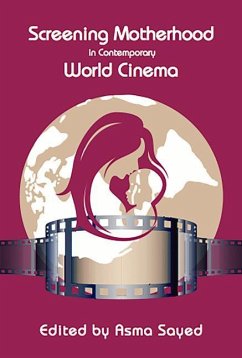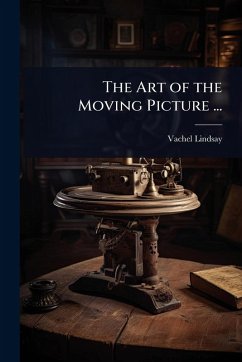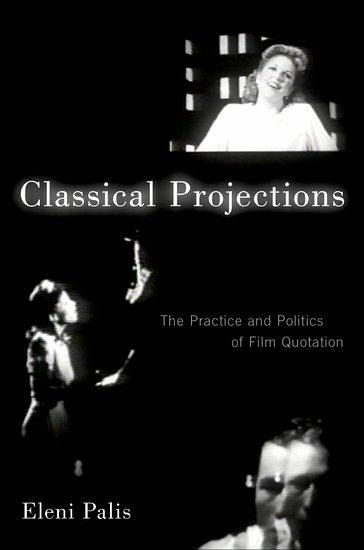
Classical Projections
The Practice and Politics of Film Quotation
Versandkostenfrei!
Versandfertig in über 4 Wochen
55,99 €
inkl. MwSt.
Weitere Ausgaben:

PAYBACK Punkte
28 °P sammeln!
How does post-classical cinema visualize its awareness of coming after a "classical" or "golden age"? How do post-classical filmmakers claim or disavow classical history? How do historically disenfranchised post-classical filmmakers, whether by gender, sexuality, or race, grapple with exclusionary and stereotype-ridden canons? Classical Projections offers a new way of seeing quotations of films within other films.




